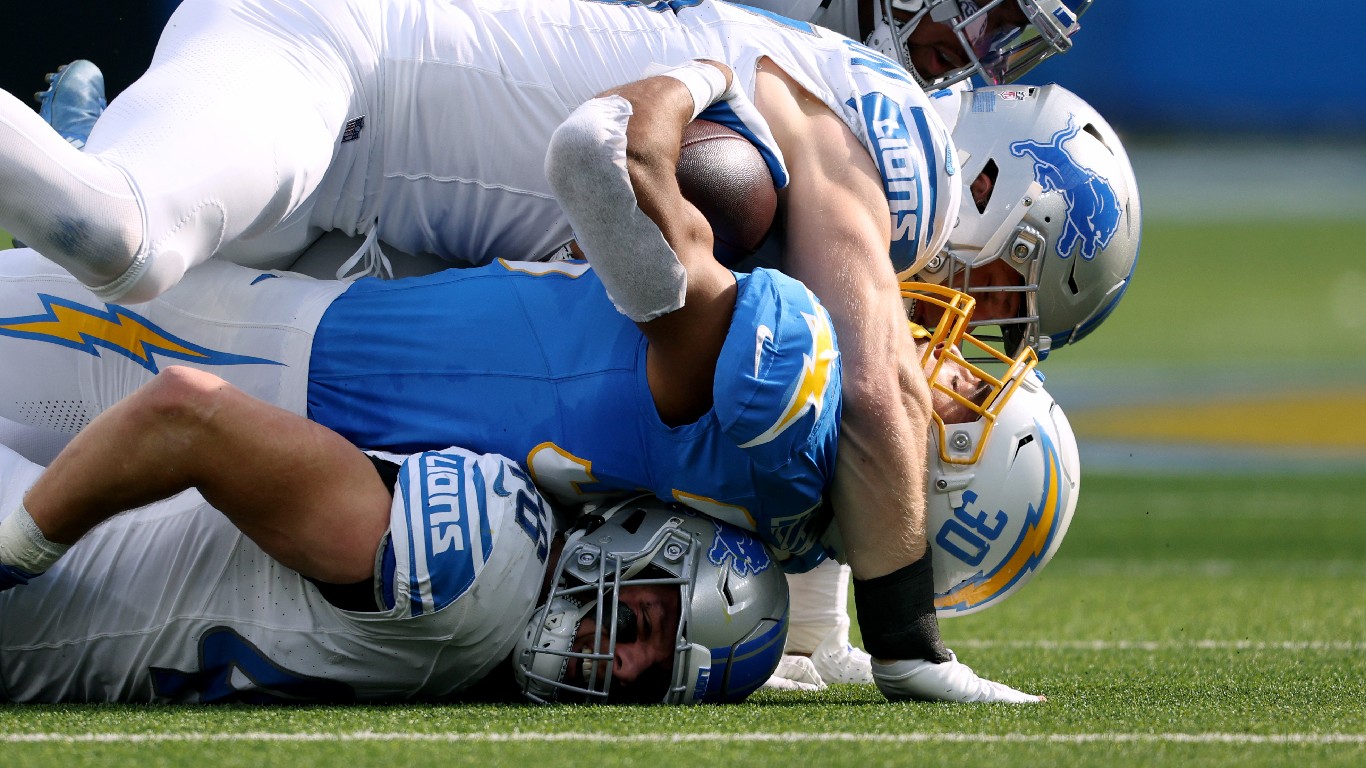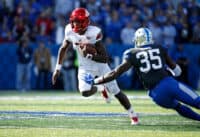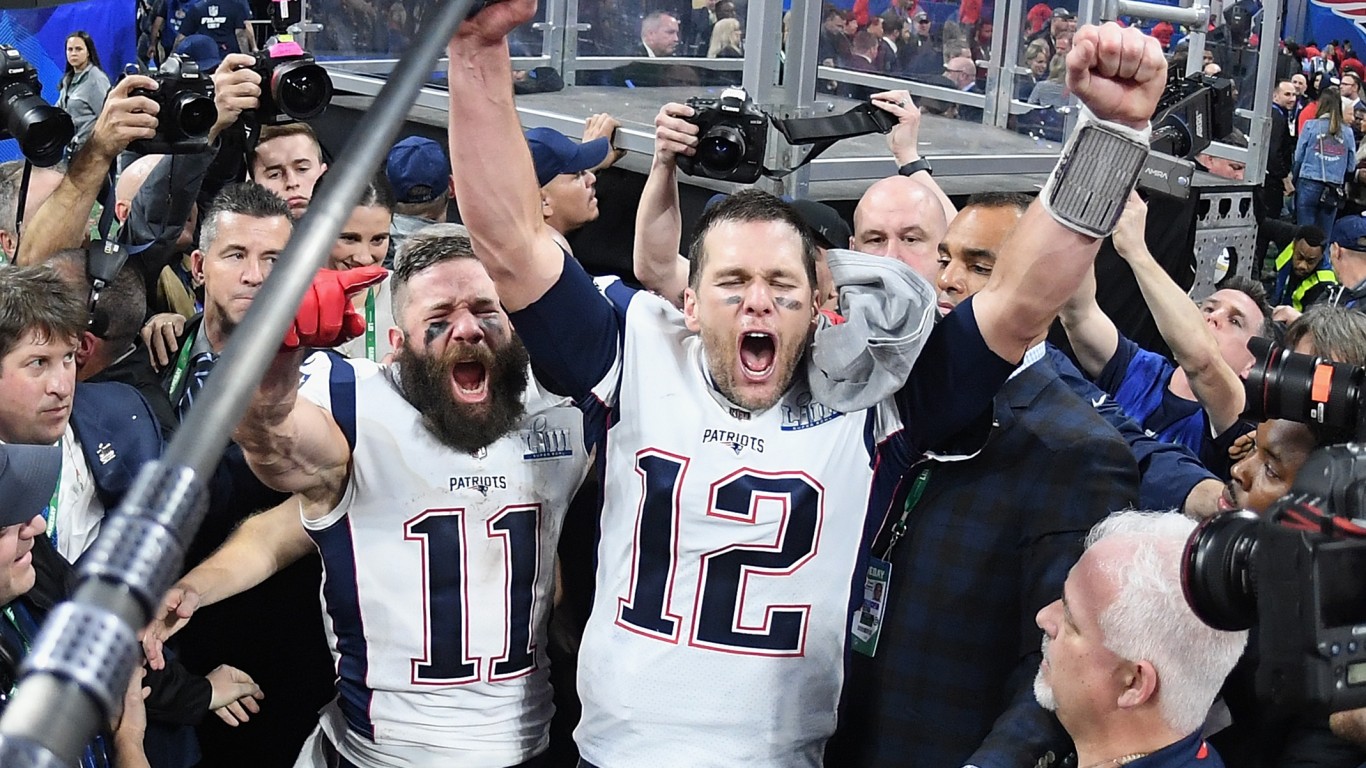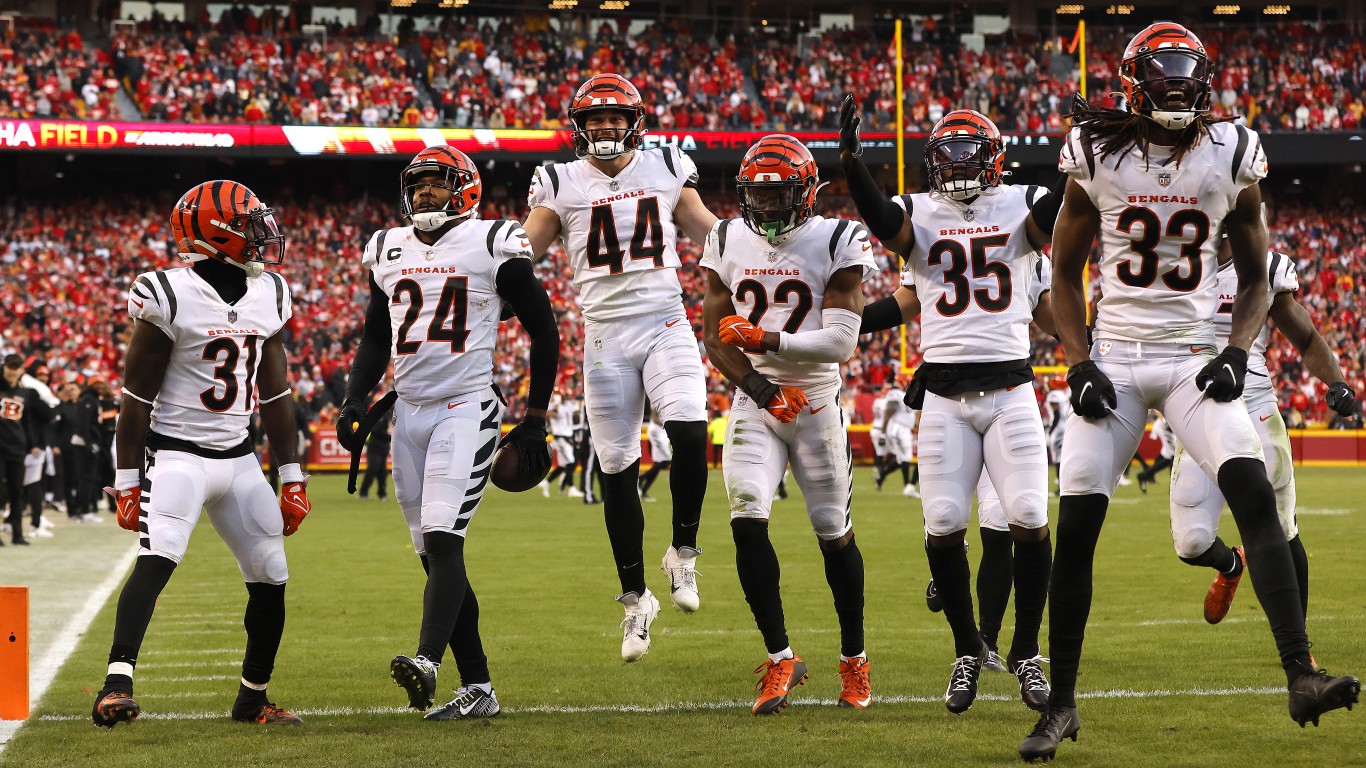
By definition, the two sides in a team sport are enemies, battling each other for supremacy. Physical contact, if it’s a contact sport, is theoretically limited by commonly agreed upon rules. Players are only human, though, and in the quest to win, boundaries get pushed, and crossed. Winning victory may seem easier if one or more key members of the opposition is injured – or sometimes the passions of play spill over into personal feuding.
Fighting is endemic in – one might say essential to – ice hockey, even on an amateur level. In comparison, basketball isn’t a particularly brutal contact sport (some even classify it as a non-contact sport), but pushing, bumping, tripping, and other expressions of aggression are hardly unknown – and sometimes incidents spiral into full-out slugfests. Even the gentlemanly sport of baseball is not immune: Pitchers have been known to throw beanballs directly at a batter’s head; players sliding into base sometimes “accidentally” gouge its defender with their spikes.
And then there’s football. Even when played by the rules, football is a violent contact sport – so violent that it can cause not just obvious physical injuries like broken bones and lacerations but also serious neurological consequences, including CTE (chronic traumatic encephalopathy), which can lead to memory loss and dementia. (Here’s a sad roster of famous football players with confirmed CTE diagnoses.)
The NFL has rules intended to (as the league puts it) “protect players from unnecessary risk, promote player safety and emphasize sportsmanship.” Nonetheless, on-field fisticuffs are commonplace. To discover which teams have been the most pugnacious, and paid the most for their transgressions, over the past 10 years, 24/7 Tempo reviewed the number of fights recorded and the total fines assessed in the NFL as revealed in a report by Gambling.com, a gambling news and reviews site, a gambling news and reviews site.
The site calculated fines using Spotrac’s database of NFL fines and suspensions, then ranked teams in order of the amounts they paid.
The Pittsburgh Steelers may not have won a Super Bowl in the past decade, but they’re No. 1 on this list, having been involved in 21 fights over the past decade. During the same time period, the Oakland/Las Vegas Raiders logged only 10 fights, but paid the most in fines – almost $180,000 worth. (Football isn’t the only sport represented in this list of 33 athletes with famously bad tempers.)
The Fightingest Teams in the NFL
| Rank | Team | Number of Fights | Total Fines |
|---|---|---|---|
| 21 | Tampa Bay Buccaneers | 2 | $16,208 |
| 20 | Dallas Cowboys | 3 | $24,060 |
| 19 | Green Bay Packers | 3 | $26,975 |
| 18 | Indianapolis Colts | 3 | $27,904 |
| 17 | Tennessee Titans | 3 | $32,654 |
| 16 | Kansas City Chiefs | 4 | $35,103 |
| 15 | Jacksonville Jaguars | 4 | $38,725 |
| 14 | Cleveland Browns | 10 | $48,757 |
| 13 | New England Patriots | 6 | $50,682 |
| 12 | Atlanta Falcons | 3 | $52,566 |
| 11 | Carolina Panthers | 6 | $62,195 |
| 10 | Denver Broncos | 3 | $64,412 |
| 9 | Cincinnati Bengals | 3 | $65,318 |
| 8 | New Orleans Saints | 7 | $71,183 |
| 7 | New York Jets | 6 | $73,704 |
| 6 | Seattle Seahawks | 8 | $74,282 |
| 5 | New York Giants | 7 | $83,281 |
| 4 | Buffalo Bills | 5 | $89,063 |
| 3 | Pittsburgh Steelers | 21 | $90,725 |
| 2 | Miami Dolphins | 8 | $120,366 |
| 1 | Oakland / Las Vegas Raiders | 10 | $168,796 |
It’s Your Money, Your Future—Own It (sponsor)
Retirement can be daunting, but it doesn’t need to be.
Imagine having an expert in your corner to help you with your financial goals. Someone to help you determine if you’re ahead, behind, or right on track. With SmartAsset, that’s not just a dream—it’s reality. This free tool connects you with pre-screened financial advisors who work in your best interests. It’s quick, it’s easy, so take the leap today and start planning smarter!
Don’t waste another minute; get started right here and help your retirement dreams become a retirement reality.
Thank you for reading! Have some feedback for us?
Contact the 24/7 Wall St. editorial team.



